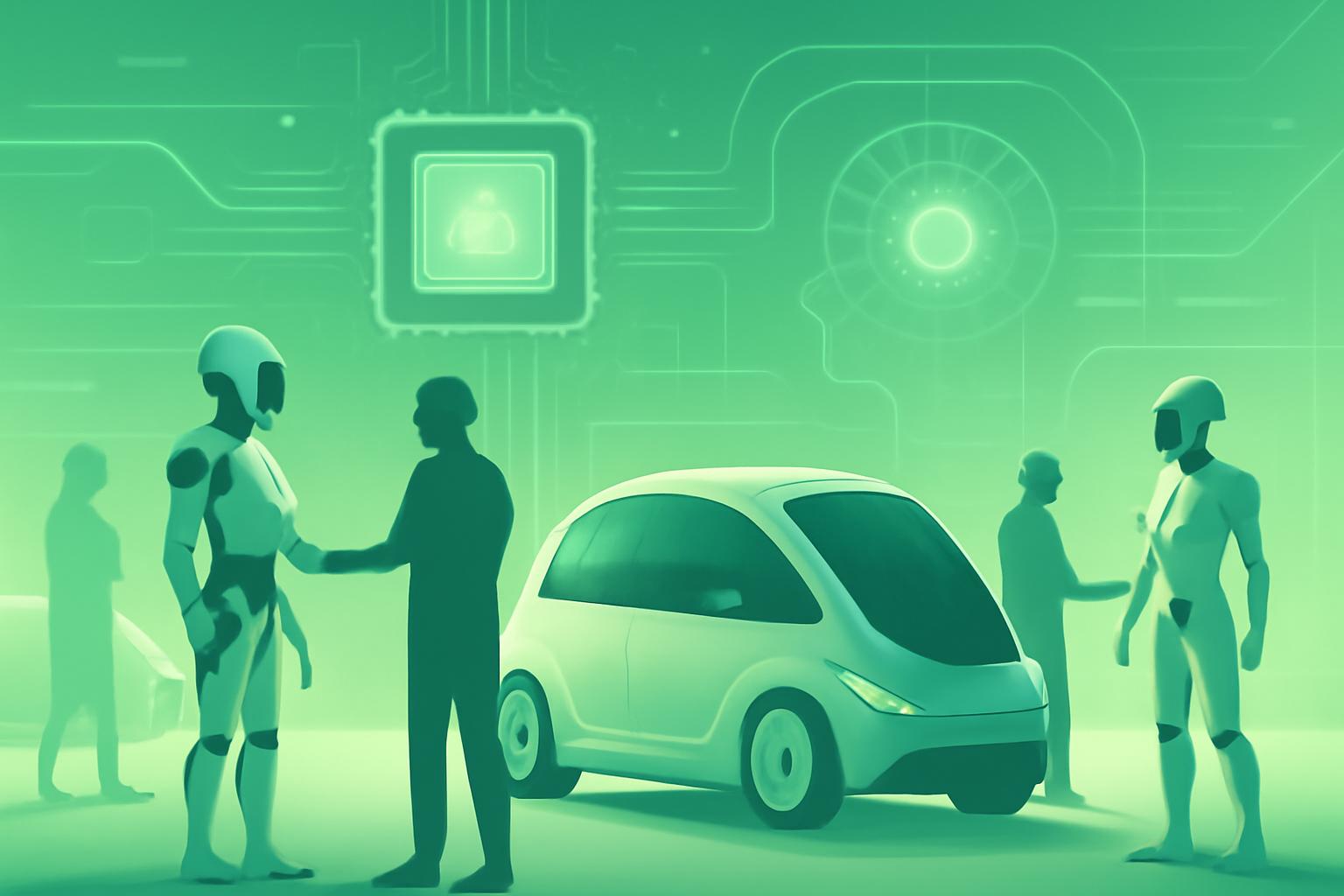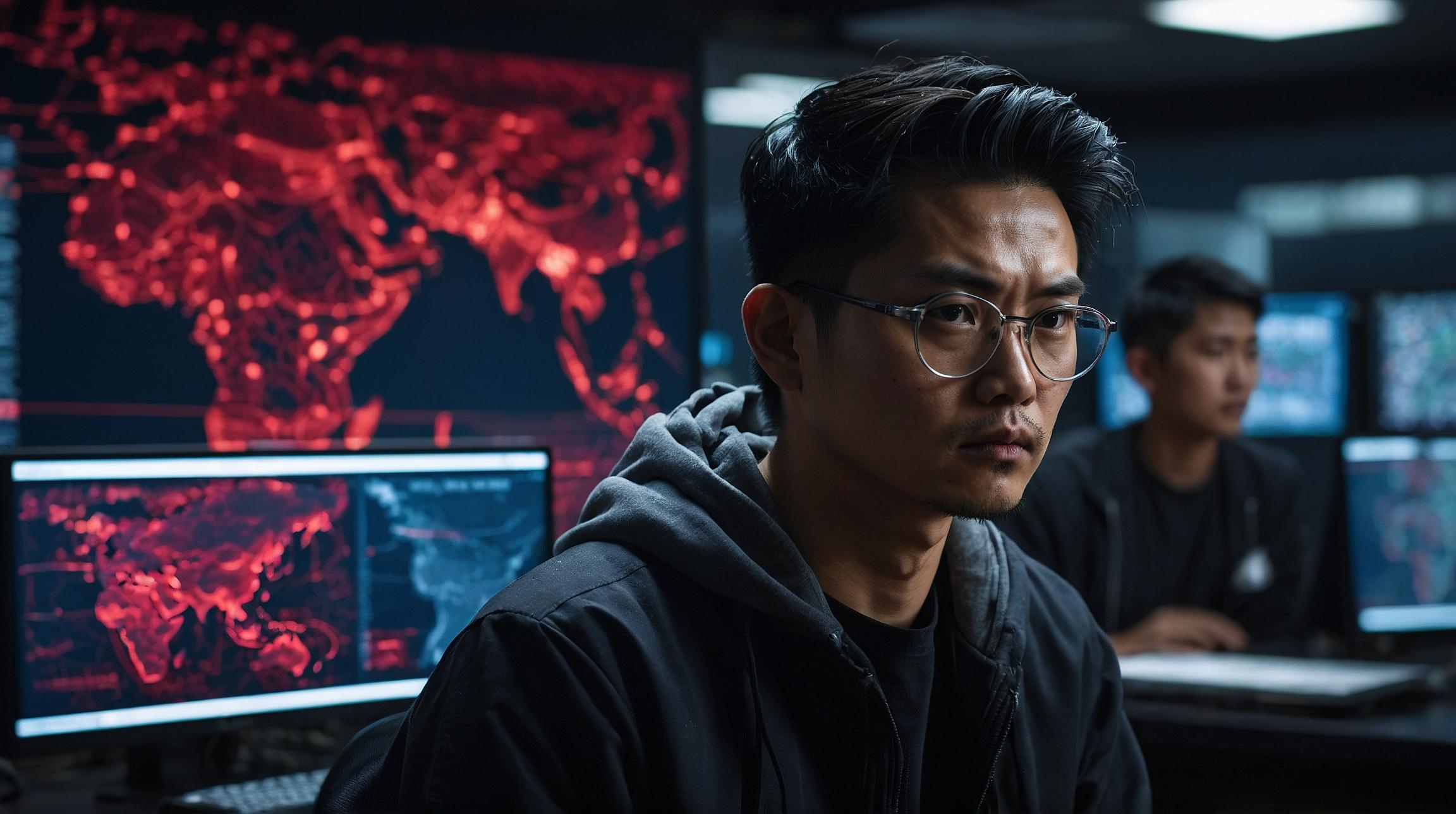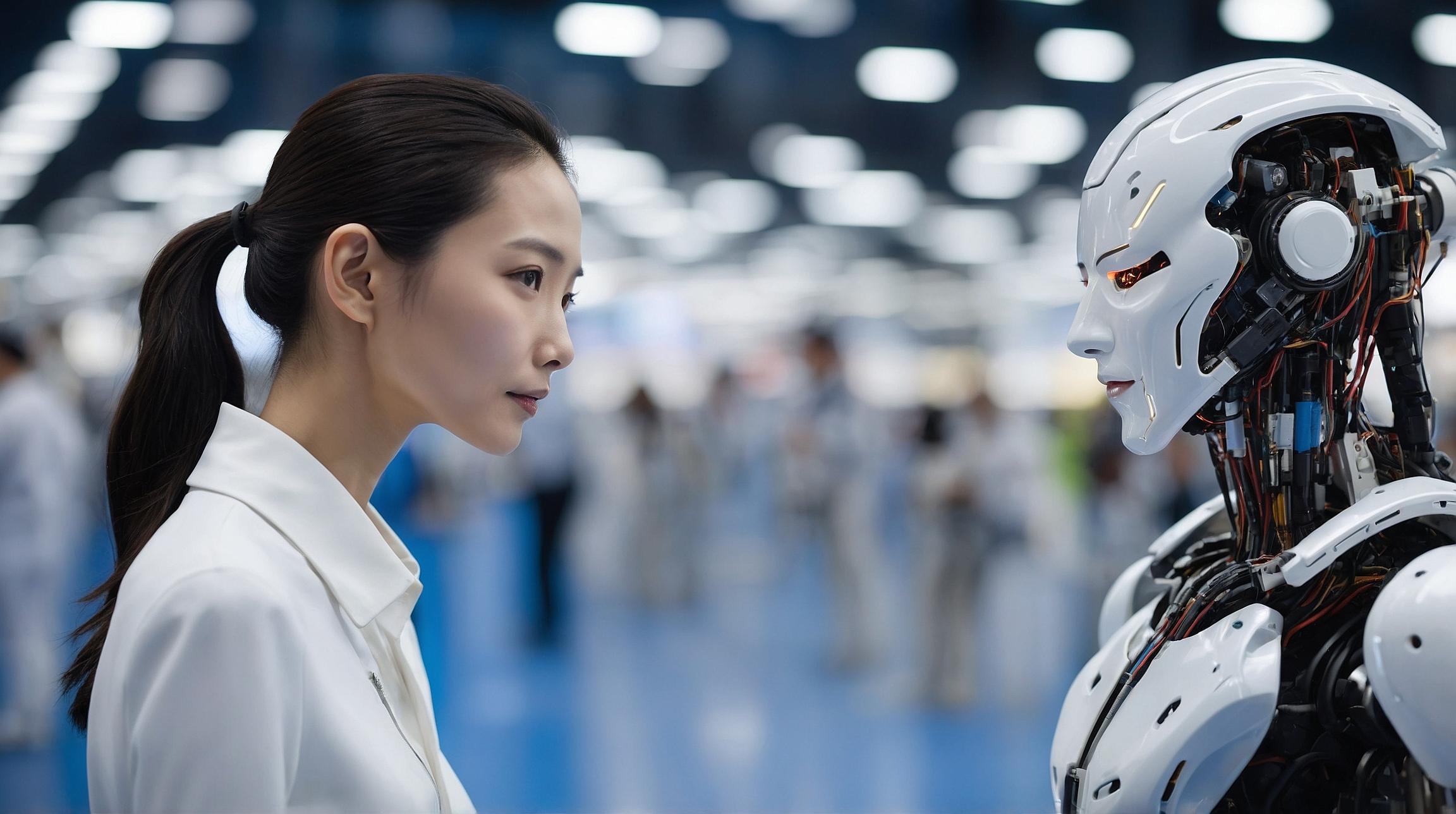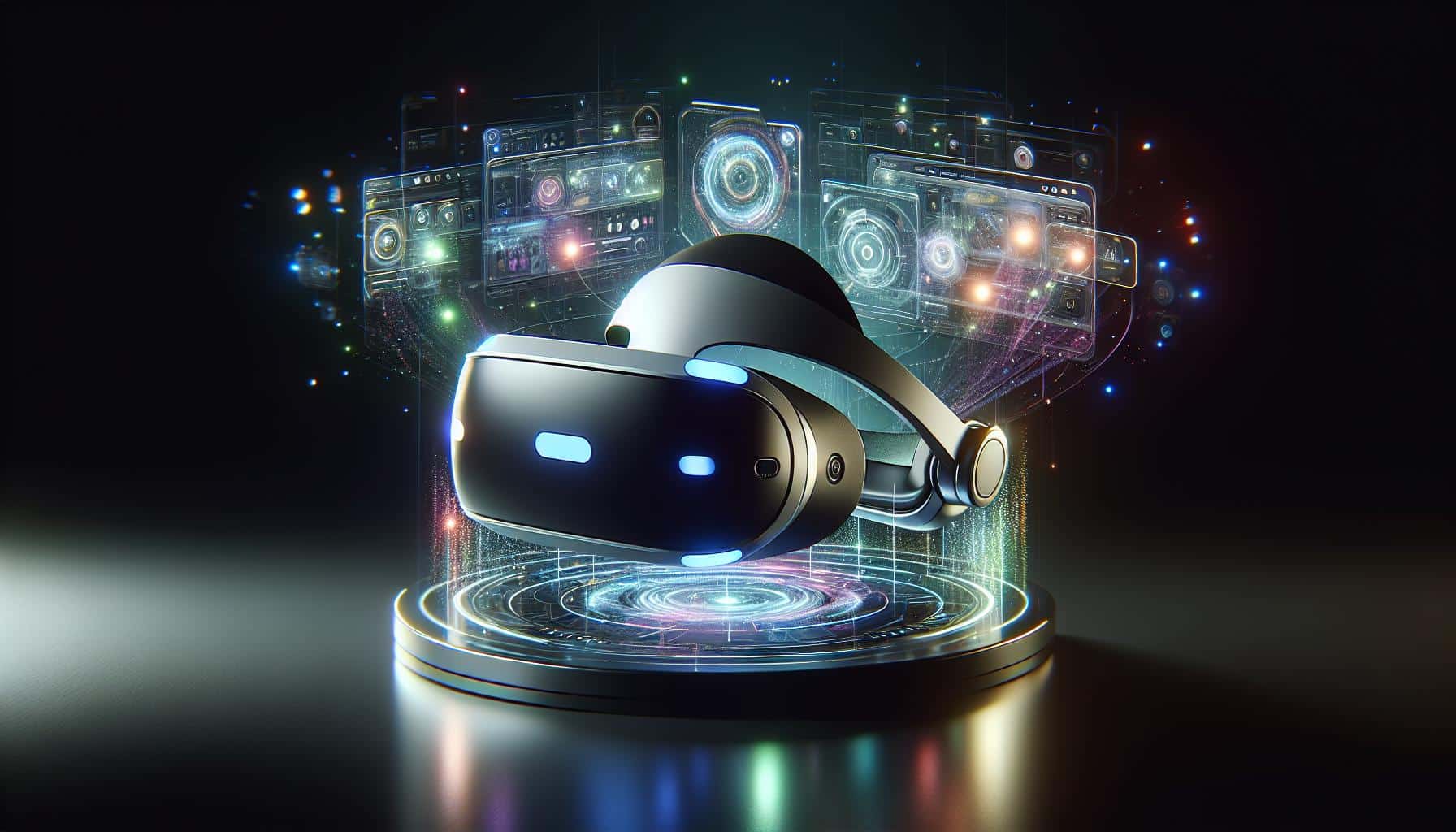TechCrunch Disrupt 2025 to Showcase AI Hardware Innovations in Robotics and Autonomous Vehicles
From October 27 to 29, TechCrunch Disrupt 2025 will take place at Moscone West in San Francisco, gathering over 10,000 startup founders, venture capitalists, and technology leaders. Among the event’s highlights is a pivotal session focused on the evolving landscape of AI hardware, specifically within robotics and autonomous systems.
Bridging AI and Physical Systems
While AI has transformed software development, its full impact on robotics and autonomous vehicles is still emerging. This session will feature Raquel Urtasun, founder and CEO of Waabi, and Jeff Cardenas, co-founder and CEO of Apptronik, who will discuss the complexities of embedding intelligence into physical machines—whether navigating roads or mimicking human locomotion.
The conversation will delve into the sophisticated interplay of simulation technologies, sensor integration, and software infrastructure that underpins the safe scaling of autonomous and robotic platforms. Both Waabi and Apptronik are at the forefront of pushing technological boundaries in these domains.
Significance of the Discussion
Deploying AI in physical environments presents unique challenges and opportunities distinct from software applications. Attendees can expect an insightful, forward-thinking dialogue on how intelligent robotics and self-driving technologies are materializing, and what their proliferation means for sectors such as manufacturing, transportation, and labor markets.
Participants interested in the future of AI-driven hardware are encouraged to register promptly to secure early pricing and gain access to this and numerous other sessions at TechCrunch Disrupt 2025.
FinOracleAI — Market View
The upcoming session at TechCrunch Disrupt 2025 highlights critical advancements in AI hardware integration for robotics and autonomous vehicles, signaling growing investor and industry interest in tangible AI applications beyond software. The involvement of established leaders like Waabi and Apptronik underscores the sector’s maturation but also points to ongoing technical and regulatory challenges that could impact deployment timelines.
Market participants should monitor developments from this event for insights into innovation trajectories and potential partnerships or funding announcements. Key risks include technological bottlenecks in sensor accuracy and simulation fidelity, as well as evolving regulatory frameworks governing autonomous systems.
Impact: positive













